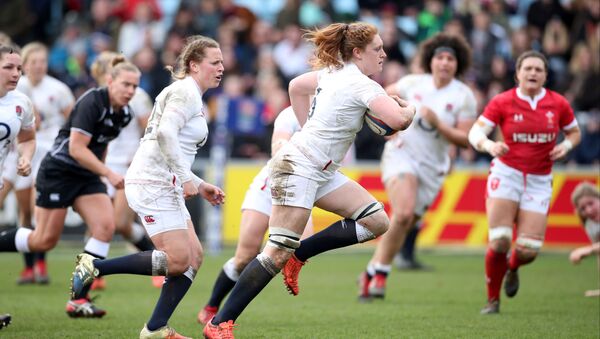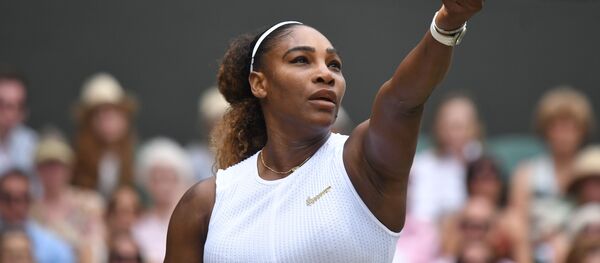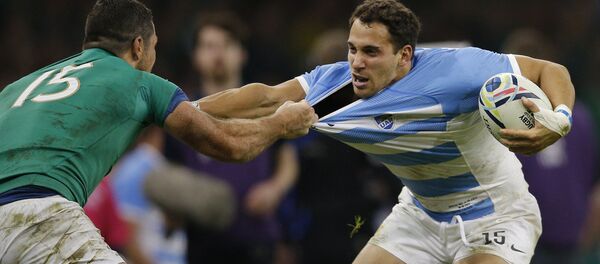Dr Ali Bowes, a Senior Lecturer in Sociology of Sport at Nottingham Trent University, explained these findings.
Sputnik: How has the pandemic widened the gap between elite sportsmen and women?
Dr Ali Bowes: So there is a strong narrative during lockdown that women's sport would suffer. We saw that in terms of media coverage, it was featured in kind of national newspapers, like real concerns about the future of women's sport. And I think that sentiment was really felt by the sportswomen as well. And they were conscious that their sports and their events and leagues didn't have the financial backing that men's leagues and men's sports did. So all the return to play discussions were not about them. And then the knock on effects of that are going to be, you know, women were not getting paid to play. They weren't going to be covered in the media or on TV, because their events weren't being shown or weren't sort of, restarted compared to, to men's leagues.
So I think it's difficult to say explicitly, that the gap is widened. But definitely during that lockdown period, there was real what I would say gendered inequalities between the experiences of men and women at that point, especially in sort of elite sports settings.
Sputnik: How has pandemic impacted sportswomen financially?
Dr Ali Bowes: So during the lockdown, this was one of the questions we asked our participants during the survey. So one of the first things was potentially quite surprising was that when we think of elite sportswomen, not all elite sportswomen get paid. So we surveyed, women competing in kind of national-level leagues, and lots of our participants, international athletes who aren't receiving any sort of reimbursement for playing their sport at that level.
So those women that were then getting paid to take part in sport, about two-thirds of them received some form of financial impact, whether that was athletes who were on full-time permanent contracts who were furloughed, and that was quite common in women's sport.
And so that was sort of two of the main issues we found in terms of financial impacts during the lockdown period. Cancelled competitions impacted women in terms very similar to issues of prize money, perhaps that's one of their main sources of income. And we also had a couple of our participants note that sponsorship deals were either paused or potential sponsorship, sponsorship deals were pooled, as companies kind of reacted to the uncertainty around the pandemic.
Sputnik: How can the sports industry support women moving forward?
Dr Ali Bowes: That's a very good question. I would say, sort of as we're coming out of, or definitely as we came out of the lockdown period, and we started to see elite sport restart, there were big statements made by some sports around protecting funding for women's sport or protecting what women already had in sport where perhaps they couldn't make those same promises for men's sport.





